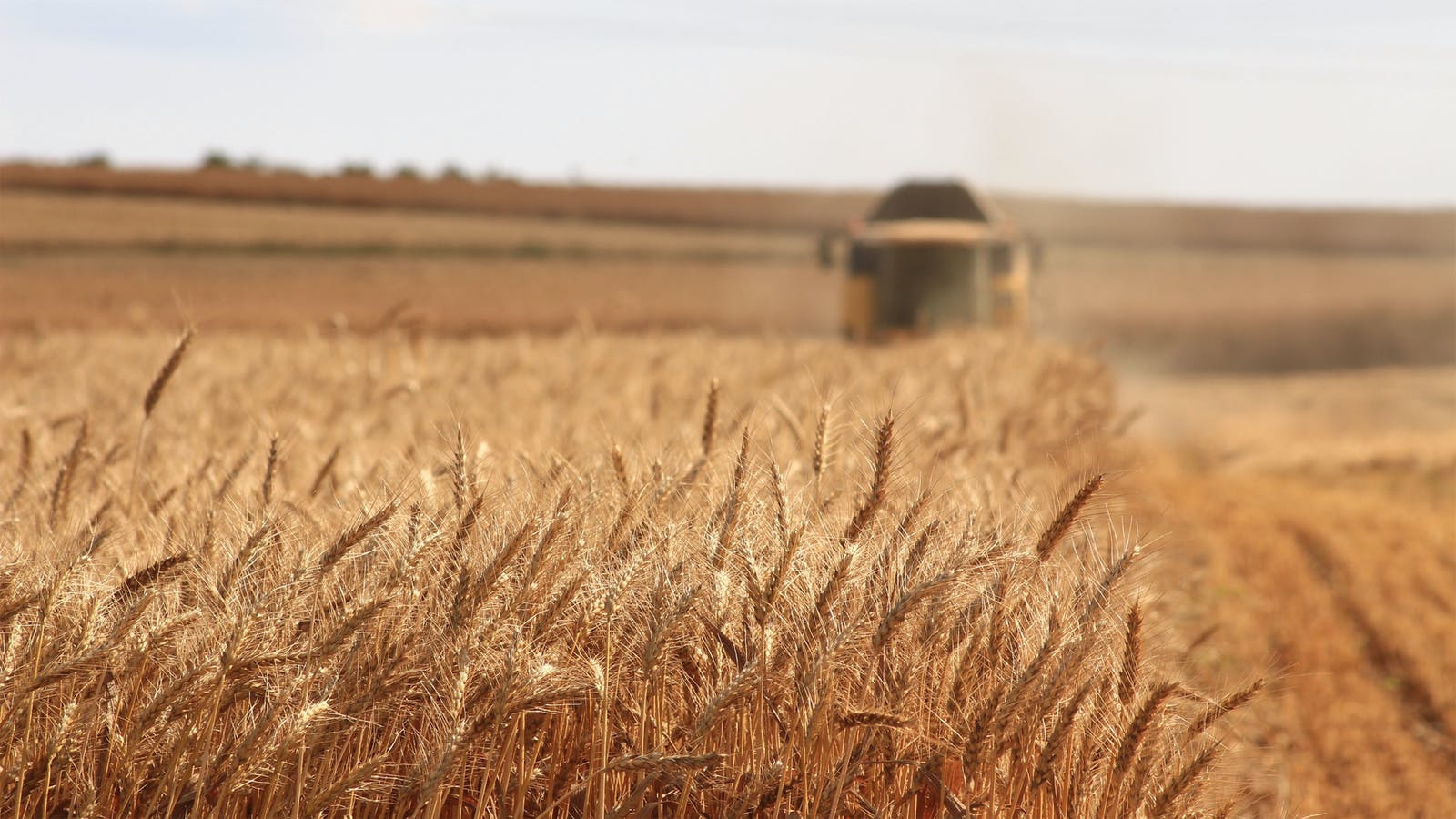Our lifestyles, and more particularly our way of eating, can pose problems today. Indeed, our food systems, which are not very sustainable and healthy, have a negative impact on biodiversity and contribute to global warming . In a context where ecology has become a major issue, nutriecology is emerging . Could this be the most effective solution for eating while taking care of your health while protecting the planet?
To talk to you about the theme of eating better , we have teamed up with a super cool brand: Cultivons-Nous . Edouard Bergeon, son of a farmer, decided to change things by creating a digital TV channel on eating better, on the agricultural world and eating better, from farm to fork, sponsored by Guillaume Canet. We invite you to discover it here … and we got you a great offer if you read until the end ;)
Nutriecology: how does this dietary method work?
Food is one of the areas where we are most dependent on the living world. However, our food systems have a very strong impact on flora and fauna , the maintenance of resources, soil fertility, etc. So, in addition to being harmful to human health , these food systems are slowly destroying what keeps us alive.
If a natural and balanced diet is particularly beneficial for our health and well-being, it is also beneficial for our planet to remain rich and habitable.
Developing food systems that reconcile both nutritional and ecological issues is the whole challenge of nutriecology, a concept developed by nutritionist Christian Rémésy in his book Nutriecology - The Only Possible Food Future . The ambition of this new discipline is to show that by taking care to cultivate and feed the planet well, we can derive many benefits for our well-being and our health. To do this, everyone must realize that eating in harmony with the environment is good for our health but also for the planet.
The 5 principles of nutriecology
It seems essential to get out of the current food system , to produce and eat differently to preserve our health and that of the planet. In this context, producer, industrialist, distributor, politician or consumer, we all have our role to play . We present to you the 5 principles of nutri-ecology whose objective is to make us responsible.
-
On the consumer side , nutriecology consists of abandoning bad habits in our diet (too rich in animal proteins and ultra-processed foods) to move towards a diet that gives pride of place to plant products , close to the Mediterranean diet. It's all beneficial: we (re)discover the richness of plant biodiversity: vegetables, fruits, but also oilseeds and legumes (like beans, peas, lentils of which there are many varieties)... While reducing the food budget of 20% . As the average ad said, it doesn't cost more to eat well. A good way to get started is to switch to eco-vegetarian behavior , which combines health and ecology: it involves consuming 3/4 plant products and 1/4 high-quality animal products (compared to respectively 1/ 3 and 2/3 currently in France).
-
On the farmers' side , adopting nutriecology would make it possible to break the deadlock of conventional agriculture and create the more sustainable agriculture of tomorrow. Nutriecology of course requires us to definitively put aside productivist agriculture and industrial livestock farming and to combine the advances in organic agriculture , without pesticides, with those of agroecology , which preserves the quality of the soil. In this sense, the association of crops and livestock, known under the somewhat barbaric term of “ polyculture-livestock ”, is a good lever to achieve this: organic crops feed the livestock which feed themselves. even cultures. In addition to enriching the soil and making farms more sustainable , the products are of much better quality and the farmer can save the cost of chemical inputs. This obviously depends on the involvement of the entire population and the significant reduction in meat consumption.
-
On the industrial side , nutriecology questions the practices of the food industry and encourages it to abandon refining and the excessive use of salt, sugar, fat and additives to preserve the quality and naturalness of foods . To do this, it particularly promotes gentler processing techniques which increase the health benefits of foods . For example, fermentation is a food processing process as old as time that transforms the taste and aromas of a food and optimizes its preservation through the use of bacteria or yeast. This natural process represents a key element of the food model of tomorrow since it has no impact on the environment and human health .
-
Mass distribution also has its role to play. If today, it offers a large number of healthy products, it also offers many ultra-processed products, which are bad for your health . Nutriecology therefore encourages distributors to limit and isolate these ultra-processed products and to deliver an assortment of organic and healthy products , mainly plant-based , which facilitate both a good nutritional balance as well as a better ecological footprint. AMAPs , which promote local eating , are a great example of what distribution transformation can achieve. They source their supplies from local farmers and thus offer local and healthy products, grown on a human-scale farm.
- Finally, political representatives are not yet providing the keys to concretely solving the problems of our food system. Nutreecology must serve as a reference, which implies the establishment of a clear food policy to support all stakeholders in these profound changes. One of the most effective levers of public authorities is public ordering: by directing collective catering practices (school canteens, nursing homes, hospitals, etc.) towards nutriecology, the ecological impact would be significant, and it would be also a strong incentive to transform the entire agri-food chain. Another important lever would be the integration of environmental protection and the future of agriculture into nutritional recommendations, in order to highlight the link between nutritional quality of a food (fiber, vitamins, minerals, etc. .) and its production conditions.
What does this actually entail?
The adoption of nutriecology implies that we fundamentally change our eating habits, and in particular our consumption of products of animal origin which is an integral part of French gastronomy. Unfortunately, these eating habits are well anchored in our daily lives and few people are able to change them.
To raise awareness, take the time to discover Cultivons-Nous, the digital TV channel for eating well! This is a first step to learning more about the subject of agroecology and to understanding the journey of the products we eat . The Epycure team is already won over!
For all these reasons, we have obtained a very nice offer for you: €2.49 per month instead of €4.99 per month with the code EPYCURE (i.e. a one-year subscription at €29.99 instead of €59.88)! This offer is valid for life: as long as you remain a subscriber, you benefit from the reduction.

